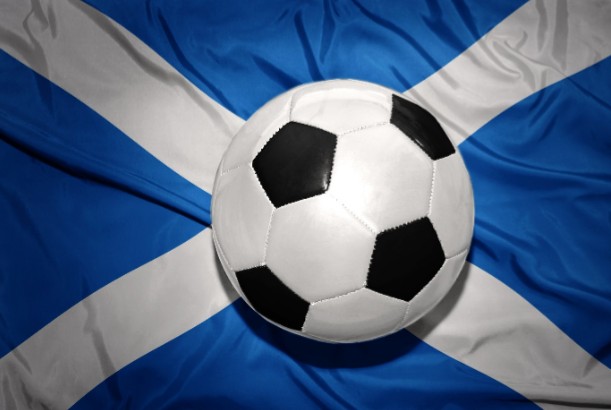Scotland qualified for their first major tournament in 22 years

The Euro 2020 line-up is complete, and for the first time in 22 years, the Scottish national team will join the likes of England, Portugal, Germany and Spain at a major competition. The last time the Scots, who are currently ranked 45th in the world, reached a major tournament was the 1998 World Cup, where they finished last in Group A – which featured Brazil. And, whilst Steve Clarke’s side won’t be fancied in the bet exchange to fare much better this time around, you have to give them credit for ending the drought.
It was a long journey to the finals for Scotland, who had to overcome two challenging play-off encounters on top of their tough qualifying group. So, let’s take a look at how they did it.
Qualifying group
Scotland were drawn in Group I, alongside Belgium, Russia, Cyprus, San Marino and Kazakhstan, and it was a nightmare start to the qualifying process, as they suffered a humiliating 3-0 defeat to Kazakhstan. Despite bouncing back with a 2-0 victory away to minnows San Marino, the Scottish FA took the decision to sack Alex McLeish. With Clarke now in place, the Scots beat Cyprus 2-1 at Hampden Park, but were pegged back by Belgium just days later, with another 3-0 defeat. That was the beginning of four losses in a row for Scotland, as they were beaten back-to-back in Glasgow by Russia and Belgium, before losing again to the former in Moscow – which put an end to their already slender chance of automatic qualification.
However, with just home ties against San Marino and Kazakhstan, along with a trip to Cyprus, left, the Scots would have been pretty confident that they could wrap up a play-off spot, and they did just that – beating San Marino 6-0, Cyprus 2-1 and Kazakhstan 3-1.
The play-offs
Scotland were drawn against Israel, a team they were already familiar with as they recently played out a 1-1 draw in the UEFA Nations League, in the play-off semi-finals. The Scots were without several key players, including Stuart Armstrong, Kieran Tierney and Ryan Christie, who were all involved in a Covid controversary. It was a nervy affair at Hampden, with both teams failing to break the deadlock inside the 90 minutes, and the 30 additional minutes of extra-time which followed. The game headed to penalties, with John McGinn, Callum McGregor, Scott McTominay, Lawrence Shankland and Kenny McLean converting from the spot, whilst David Marshall denying Eran Zahvi’s attempt proved the difference.
The victory set up a nail-biting encounter with Serbia in Belgrade, and with both sides missing big chances, Celtic’s Ryan Christie finally broke the deadlock in the 52nd minute, firing his shot across goal from just outside the box, hitting off the inside of the post, before deflecting in. Clarke’s side were just 30 seconds away from victory when Real Madrid’s Luka Jovi? headed home the equaliser, sending the game into extra-time. Neither side could find a winner in the additional 30 minutes, meaning penalties would be decisive once again. Leigh Griffiths, McGregor, McTominay, Oli McBurnie and McLean all converted from the spot for the Tartan Army, before Marshall was the hero once again, saving Aleksandar Mitrovi?’s attempt.
“It just shows you the strengths we’ve got,” Scotland captain Andy Robertson told Sky Sports.
“A lot of people would have crumbled and lost in extra-time, but we’ve stuck together throughout the whole process and now we’ve got the night we deserve.
“I can’t wait for the summer now. This is the most emotional I’ve ever been after the game. I’m so proud of all of them.”
So, who awaits Scotland at the Euros? Well, they will open their tournament with a clash against the Czech Republic at Hampden. They will then travel to London for a bitter clash with their rivals England at Wembley, before heading back to Glasgow to wrap-up the group with an encounter against 2018 World Cup finalists Croatia.



